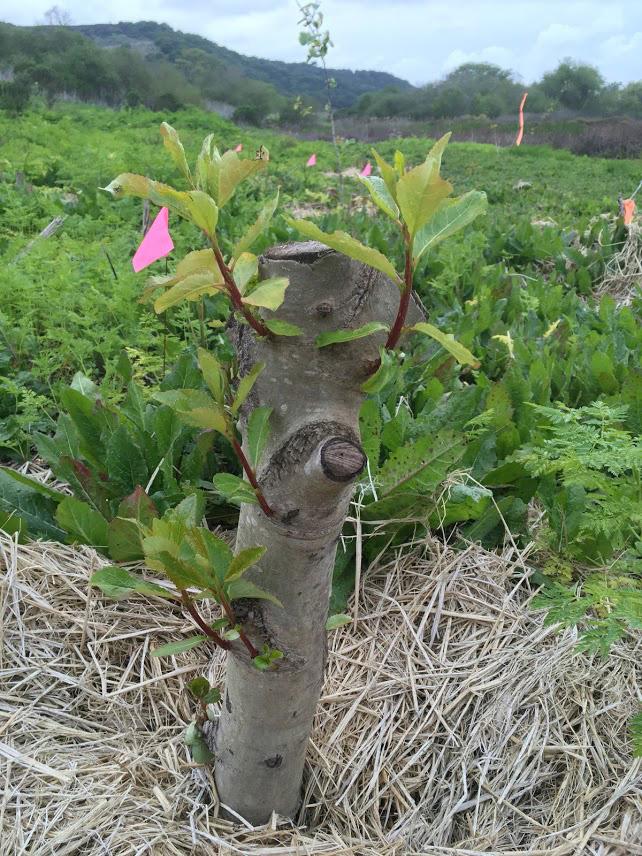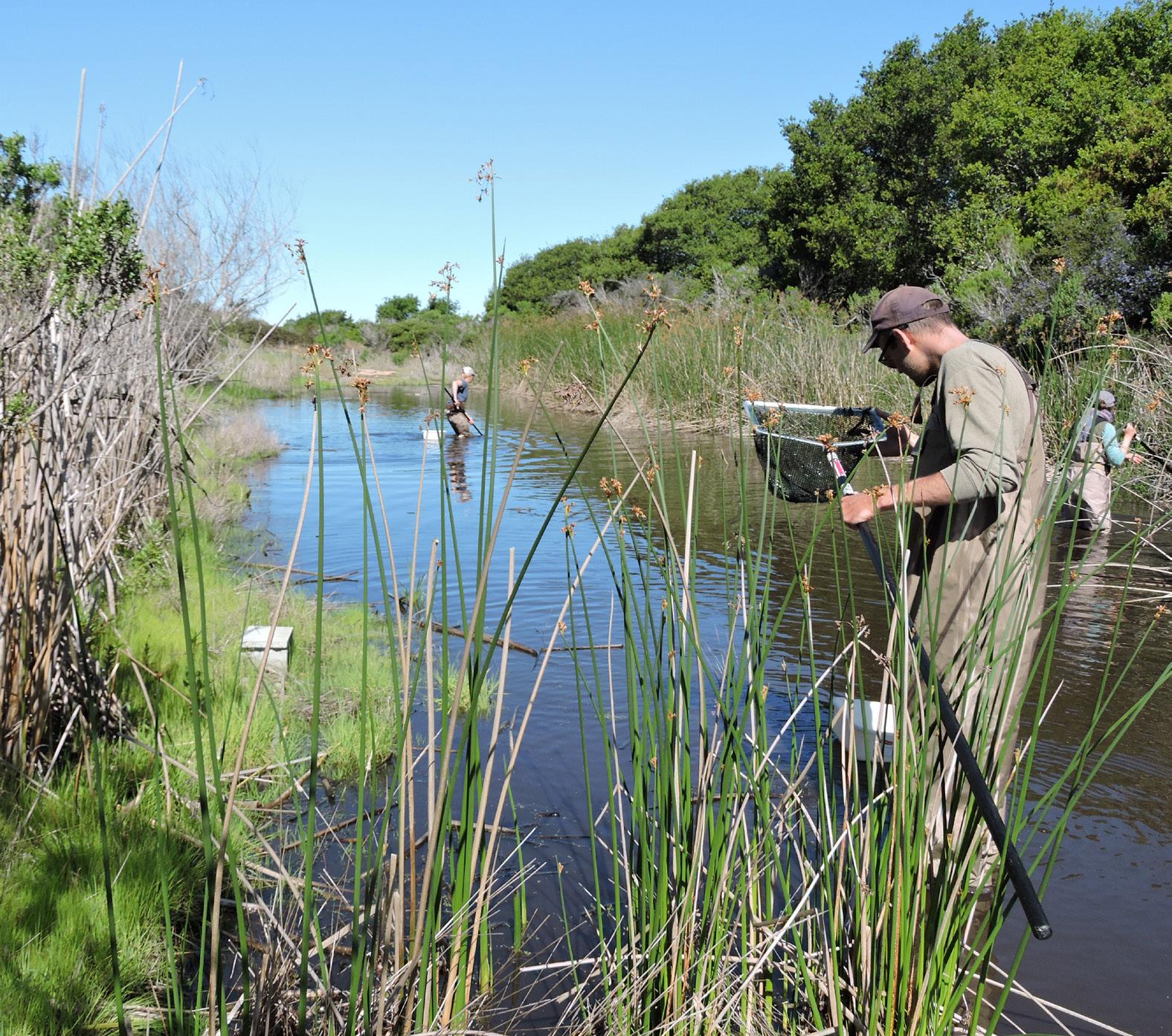
1 minute read
SLOUGH VIEW: Healthy Lands, Helping Hands
We’ve been wondering how to connect the work we do to the crisis at hand. I firmly believe that our work is slow-motion health care. Without healthy environments, we know our earth tenure will be shortened. At the same time, during a pandemic, we depend on fast-motion health care for our survival and the survival and health of global human communities.
I was approached by a donor who asked if we could link these elements. Thinking globally, acting locally. He put up $5,000 and challenged us to double that. We thought about the farmers working on lands protected by our efforts who were impacted by reduction in demand for crops. We also thought about the kids from Hall School in Las Lomas, who no longer were able to visit the land across from their school and gather under the spreading oak that shades ESF’s Carneros Creek Outdoor Classroom. We thought about their families impacted by the sudden loss of jobs and income. Las Lomas is designated a “Disadvantaged Community” and has many low-income and vulnerable families.

Farmers Jesus Calvillo (left) and Javier Zamora (right) deliver organic produce grown on ESF-protected lands to Hall School Food ServiceCoordinator Connie Norris to help feed 500 people two meals daily.
The link is Hall District Elementary School, a hub for families with school-age children. We have partnered with two of the farmers who cultivate protected land just across the road from the school. We’ve used the contributed funds to buy fresh organic produce from the farmers who deliver it to the school where it is distributed with the meals. Since mid-March, the program has provided two meals, five days a week to about 500 people at Hall District Elementary. Protecting fields, farms, natural lands, waterways and groundwater is health care. Delivering healthy food to the families of the students we have bonded with is a good link between the slow-motion version of our work and the real-time needs right now.
by Mark Silberstein, ESF Executive Director






